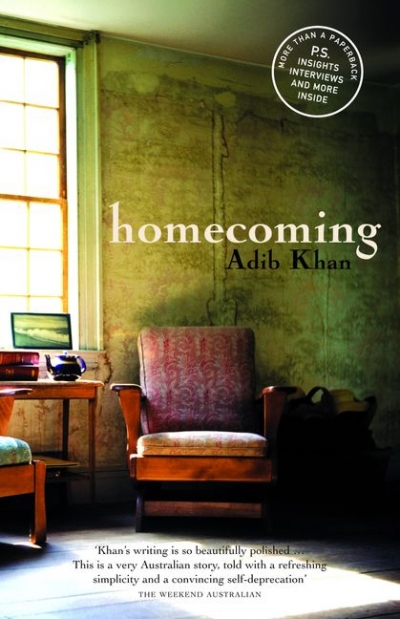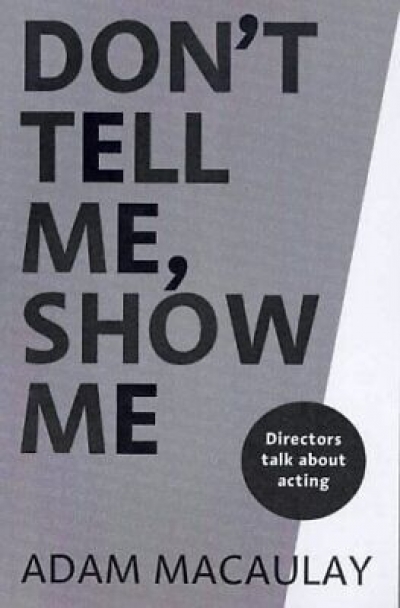Archive
The other day, in a stairwell within the National Library of Australia, I opened a door, expecting it to lead to a corridor and a suite of offices. Instead, I found myself inside a dimly lit room filled with rows of book-laden shelves. As I looked for the exit, I saw a man removing a book from the bottom shelf. Another man walked past me carrying books and said hello. It was like a scene from Being John Malkovich, surreal and delightful, and it characterises my last few months at the National Library, where I have been curating a two-part exhibition, In a New Light: Australian Photography 1850s–2000 (the first part, which deals with the processes of colonisation, opened on 9 October 2003 and will close on 26 January 2004, and the second, focusing on modern life, will open next August).
... (read more)About a decade ago, I picked up a book because I liked the cover: bleak street, stark buildings, empty sky, a robed man, his back turned, in the distance; in the foreground, a woman in a burka looking to the left at something we can’t see. When the blurb promised me ‘a Middle Eastern Turn of the Screw, with an insidious power to grip’, I bought it. It gripped. In fact, it scared the living bejesus out of me. That was my introduction to Hilary Mantel’s writings. Since then, I have read nearly everything she has published.
Eight Months on Ghazzah Street (1988) is about a sensible young couple who, after years of humanitarian work in Africa, decide to go to Saudi Arabia to repair their fortunes. The husband will work on a seductively extravagant building project; the wife will read, write and relax in their pleasant, if mildly claustrophobic, apartment. Then small things begin to go wrong.
... (read more)







